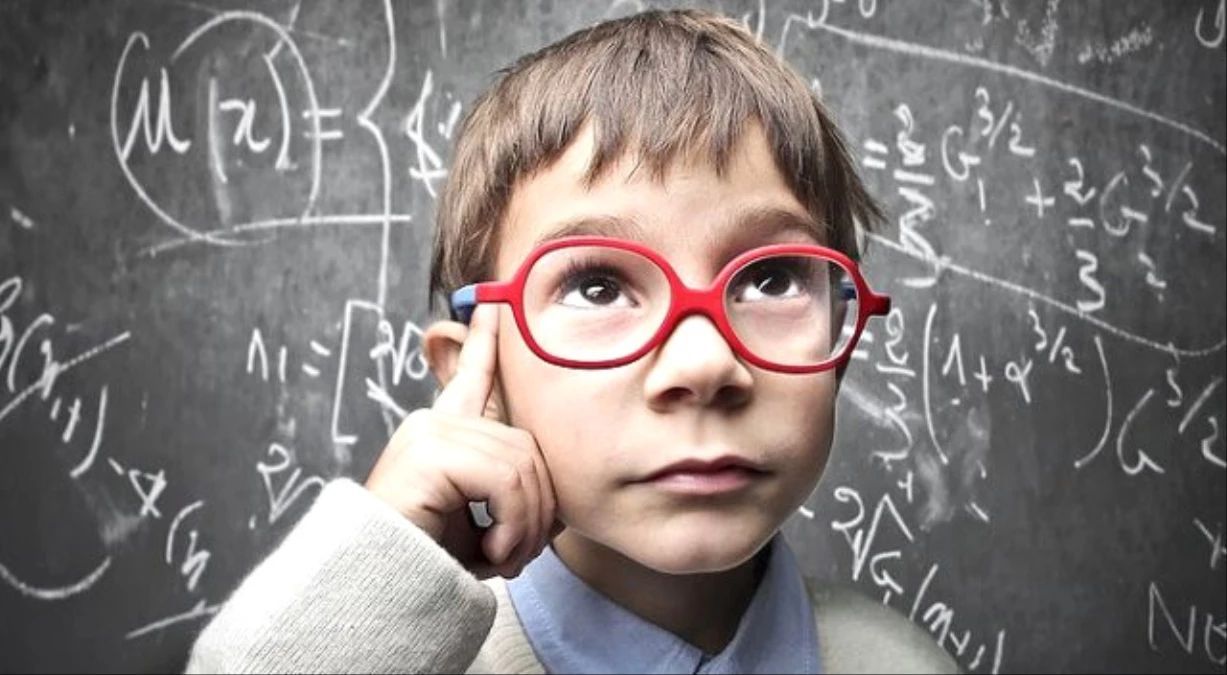What Is Exceptional Talent? How Is Exceptional Talent Recognized in Children?
What Is Exceptional Talent? How Is Exceptional Talent Recognized in Children?

Exceptionally talented children, with some distinctive qualities, stand out among their peers due to their above-average abilities. If your child is exceptionally talented, you may notice these natural abilities in their learning and development process. If it is determined that your child is exceptionally gifted, you can initiate the right educational process through programs designed for exceptionally gifted students.
If you believe your child is exceptionally talented and you want to identify and meet their abilities, strengths, and needs, you may need a comprehensive assessment process. Let's delve into the details to learn more about this.
What Is Special Talent?
Essentially, exceptional talent is a brain-based difference. This neurological difference means that exceptionally talented students experience a different intellectual, academic, and socio-emotional development process compared to others. These children can be talented in any field, and some may excel in multiple areas. For example, one child may be creative and intellectual, while another may have a high level of physical coordination and a strong memory.
Dyslexia, ADHD, autism, and learning difficulties may be present in some exceptionally talented children. However, psychological disorders found in intelligent individuals are not considered obstacles to exceptional talent. There is no confirmed connection between attention deficit and intelligence. Even without the so-called super intelligence drug that is said to enhance brain power, these children have unique abilities and characteristics.
What Are the Characteristics of Exceptionally Talented Children?
Exceptionally talented children often stand out, and they share many common characteristics. Perhaps the most prominent among these common characteristics is analytical intelligence. So, what is the type of analytical intelligence seen in exceptionally talented children? This type of intelligence includes problem-solving abilities and abstract reasoning. It enables comparison, evaluation, and making logical judgments. Qualities such as outstanding performance in academic environments and mathematical and statistical proficiency are among the characteristics of analytical intelligence (1).
The characteristics of exceptionally talented students can be listed as follows:
• Advanced thinking and understanding beyond their peers
• Emotional intensity and sensitivity
• Increased self-awareness
• Enthusiasm for unique interests and topics
• Unusual or mature sense of humor
• Need to explore subjects in surprising depth
• Asking questions about creation and existence
• Ability to concentrate and focus on tasks
• Intense curiosity and asking questions
• Having a good memory and quick understanding
• High expectations
• Ability to perceive many aspects of a subject
• Learning things without the need for teaching
• Creativity
• Ability to think abstractly and metaphorically
• Ability to visualize models and systems
Preschool exceptionally gifted children also possess the above-mentioned characteristics. Of course, every exceptionally talented child is unique, and not all of these characteristics may be displayed by each exceptionally talented child.
What Are the Types of Exceptional Intelligence?
Intelligence and intellect, though related, are actually distinct concepts. So, what is the difference between intellect and intelligence? Intelligence refers to an innate ability, while intellect pertains to qualities such as experience, knowledge, and judgment. The question of whether "intelligence is innate" finds its answer in this explanation. Various types of exceptional intelligence can be categorized as follows:
High Achievers
High-achieving exceptionally gifted children are obedient in class and complete their assignments with minimal guidance. Throughout their academic lives, they often aim for higher education and advanced degrees.
Challenging and Creative
These children may struggle to adapt to a traditional school structure, become bored, and exhibit behavioral issues. A flexible educational environment can yield the best results for challenging and creative students.
Autonomous
Described as successful in understanding a traditional school system and performing well in it, autonomous exceptionally gifted children are strong leaders and creative thinkers.
At Risk
These students require the most sensitivity and patience. Some may have never received support for basic educational goals. At-risk or school-dropout students may constantly exhibit anger towards a school system that may have met the needs of every other type of exceptionally gifted child. Flexible and alternative school arrangements may yield the best results for them.
Twice Exceptional
These children are exceptionally gifted while also exhibiting a learning or physical disability. Twice-exceptional students may suffer from attention disorders. They may sometimes be labeled as lazy because they excel in one area while struggling in another. Learning difficulties should be taken into consideration while enriching and challenging their exceptional intelligence. Some twice-exceptional students, despite their exceptional intelligence, may experience depression or low self-esteem due to being placed in remedial programs or struggling with basic skills in gifted classes.
Considerations for the Education of Gifted Children
Exceptionally gifted students require gifted education programs that meet their abilities and needs to make continuous progress in school. They should be appropriately challenged in an academic environment that can help maximize their potential. Gifted education focuses on the following key components:
- Enrichment
- Acceleration
- Enhanced curriculum
- Access to advanced materials
Exceptionally gifted children need support for both their academic and socio-emotional development. They must be properly supported. Programs outside of school can provide them with the chance to explore a unique area of interest further and can also provide a place to establish social connections with intellectually similar peers. If you believe your child may be gifted, you can start by discussing it with your child's teacher to explore special opportunities.




